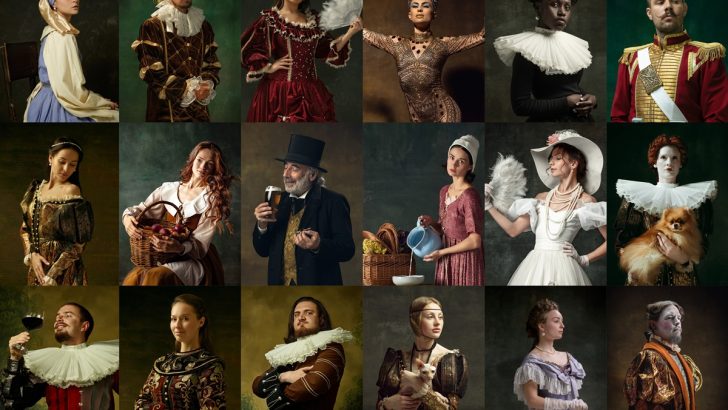Ever wonder which historical era would perfectly suit your zodiac sign?
Some star signs would have flourished during certain periods of history, while others might have accidentally triggered society’s collapse.
From warriors to philosophers, from ancient times to recent centuries, each sign has a historical sweet spot where their natural traits would have been celebrated—or feared.
1. Aries: The Age of Conquest (800-500 BCE)
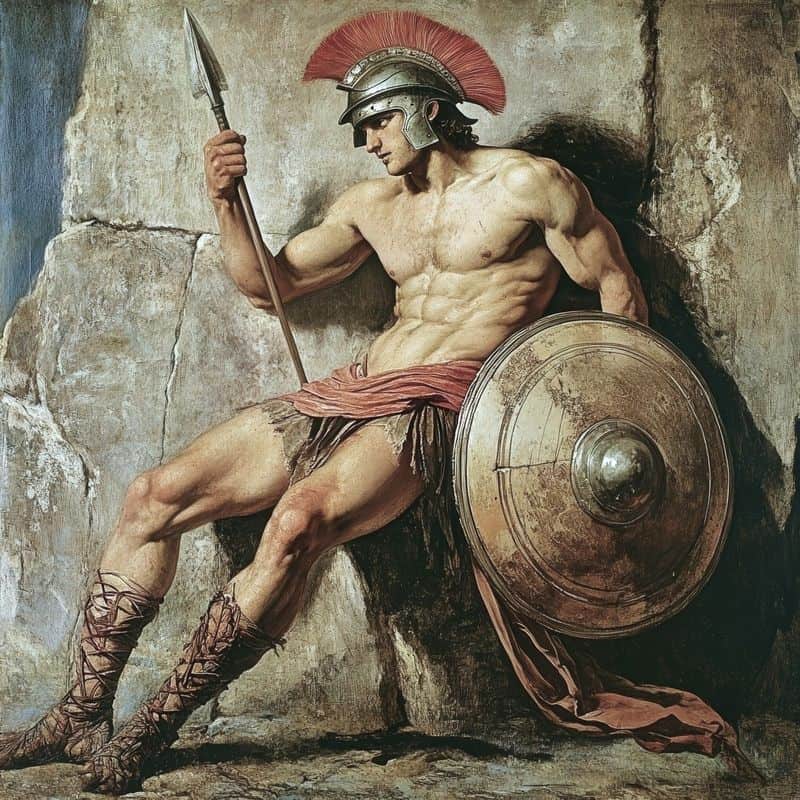
Fiery Aries would have dominated the battlefield during the Iron Age military expansions. Their natural leadership and competitive spirit would have made them legendary commanders in Persian or Greek armies.
Fearless and impulsive, Aries folks would have charged headfirst into battle without hesitation. Their tendency to act before thinking might have inspired troops but occasionally led to catastrophic tactical blunders.
When not conquering new territories, they’d be challenging fellow warriors to contests of strength or organizing the ancient equivalent of extreme sports. Their boundless energy would have either expanded empires or destroyed them through reckless campaigns.
2. Taurus: The Agricultural Revolution (10,000-8,000 BCE)
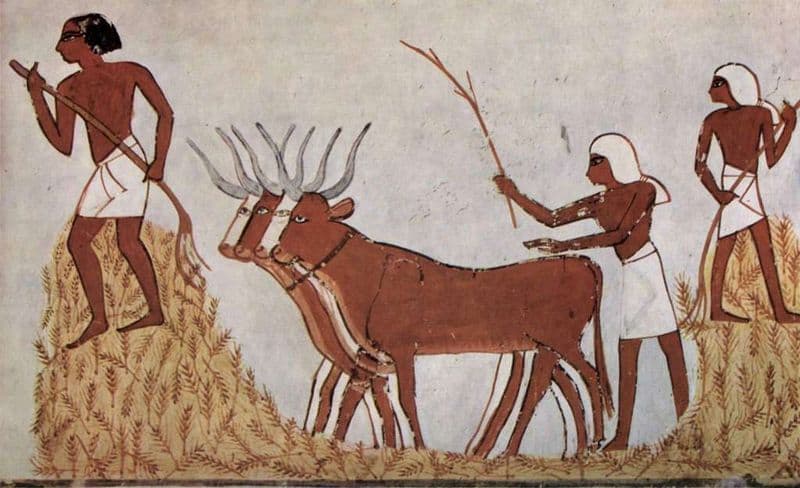
Steadfast Taurus would have excelled during humanity’s shift from nomadic hunting to settled farming. Their patience and appreciation for physical labor made them natural pioneers of agriculture.
While others might have given up after failed harvests, stubborn Taureans would persist until figuring out crop rotation and animal domestication. Their practical nature would have established the first permanent settlements, creating stability through their connection to the earth.
Fun fact: Taurus is represented by the bull—one of the first animals domesticated during this period! Their love of comfort likely inspired early luxury goods, from woven textiles to fermented beverages that brought communities together.
3. Gemini: The Roaring Twenties (1920s)
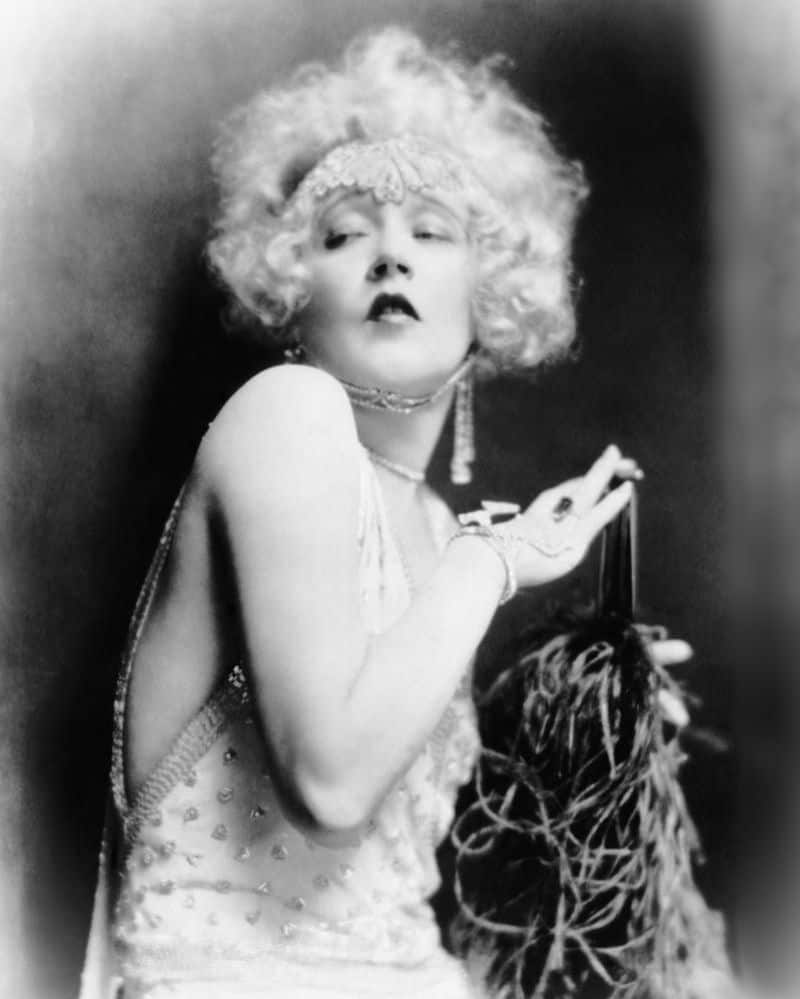
Jazz-age speakeasies were made for social Geminis! The 1920s perfectly matched their quick wit and love for variety with its fast-paced cultural revolution.
Geminis would have thrived as journalists covering prohibition scandals or as entertainers mastering the Charleston. Their adaptability helped them navigate rapidly changing social norms while their gift for communication made them natural radio personalities.
Naturally curious, these twins would bounce between intellectual salons and underground parties in the same evening. Their dual nature embraced both the decade’s intellectual awakening and its rebellious spirit—though their tendency to gossip might have landed them in hot water with gangsters!
4. Cancer: The Victorian Era (1837-1901)
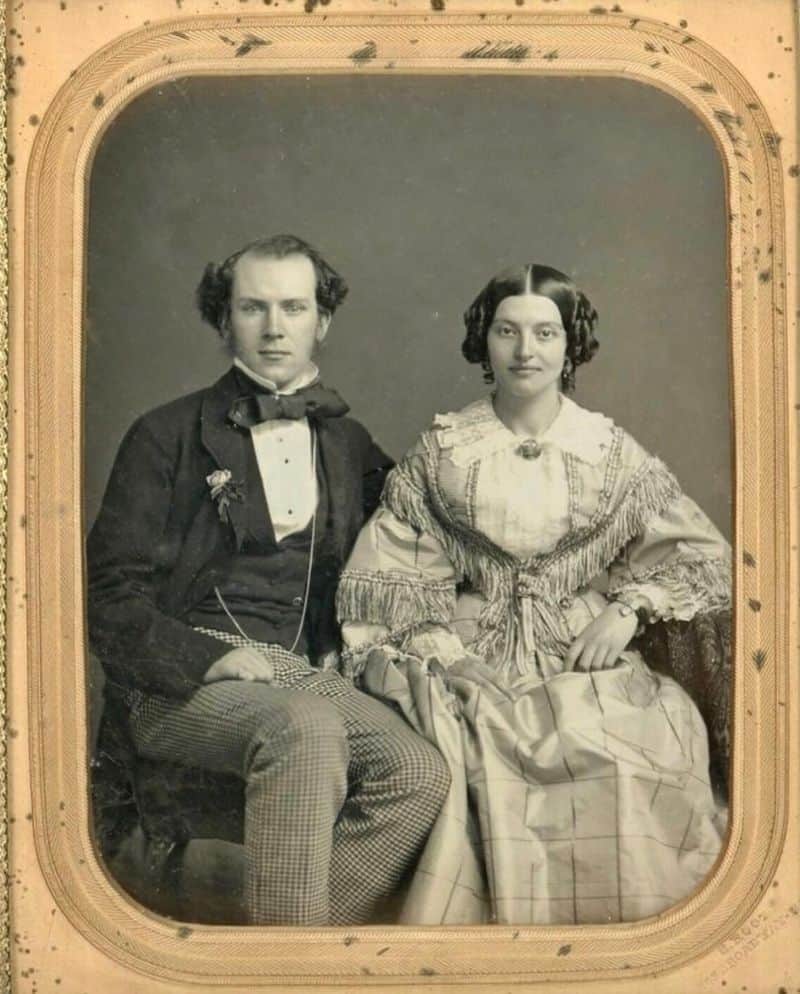
Sentimental Cancers would have embraced Victorian domesticity with its focus on home and family values. Their nurturing nature aligned perfectly with the era’s celebration of hearth and home.
Morning rituals of brewing tea in ornate pots and arranging flowers would satisfy their need for comfort routines. Cancers would excel at maintaining elaborate social connections through handwritten correspondence and hosting intimate gatherings where emotions could be safely expressed through poetry readings.
Queen Victoria herself, with her deep family attachments and emotional memorialization of loved ones, embodied Cancerian traits. Though occasionally brooding, Cancers’ protective instincts would have made them fierce advocates for family members navigating the era’s strict social hierarchies.
5. Leo: The Renaissance (14th-17th Century)

Dramatic Leos would have basked in Renaissance glory as patrons of the arts or as the artists themselves! Their natural flair for self-expression and love of attention aligned perfectly with this period of creative rebirth.
Imagine a Leo-born Medici commissioning grand portraits or a Leo artist like Michelangelo demanding recognition for their masterpieces. Their confidence would have attracted followers while their generous spirit might have supported emerging talents.
The Renaissance emphasis on individual achievement rather than collective anonymity would have validated Leos’ desire to shine. Though sometimes accused of having king-sized egos, their genuine passion for beauty and excellence would have advanced culture—provided no one else tried to steal their spotlight!
6. Virgo: The Age of Enlightenment (17th-18th Century)
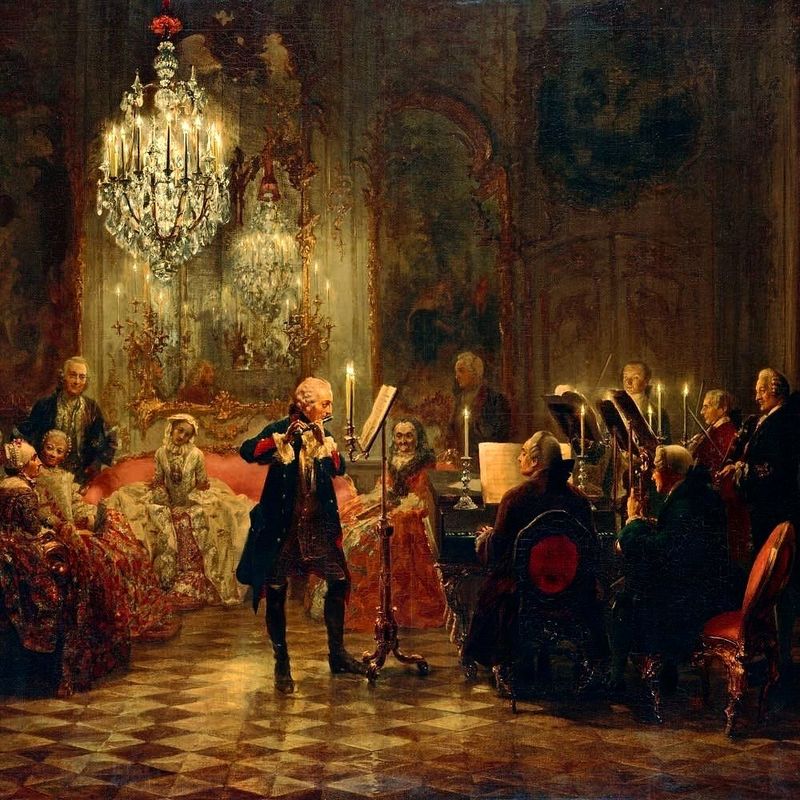
Methodical Virgos would have flourished during the Enlightenment with its emphasis on reason, analysis, and classification. Their detail-oriented minds would have contributed significantly to the era’s scientific and philosophical advances.
A Virgo-born naturalist might spend decades cataloging plant species or perfecting mathematical formulas. Their practical approach to knowledge would have helped transform abstract theories into useful applications, from improved agriculture to more efficient machines.
While others debated grand philosophical questions, Virgos would be in their workshops implementing solutions. Their critical thinking would have challenged superstition, though their perfectionism might have led to endless revisions of their manuscripts before publishing their discoveries—if they ever felt their work was complete!
7. Libra: The Belle Époque (1871-1914)
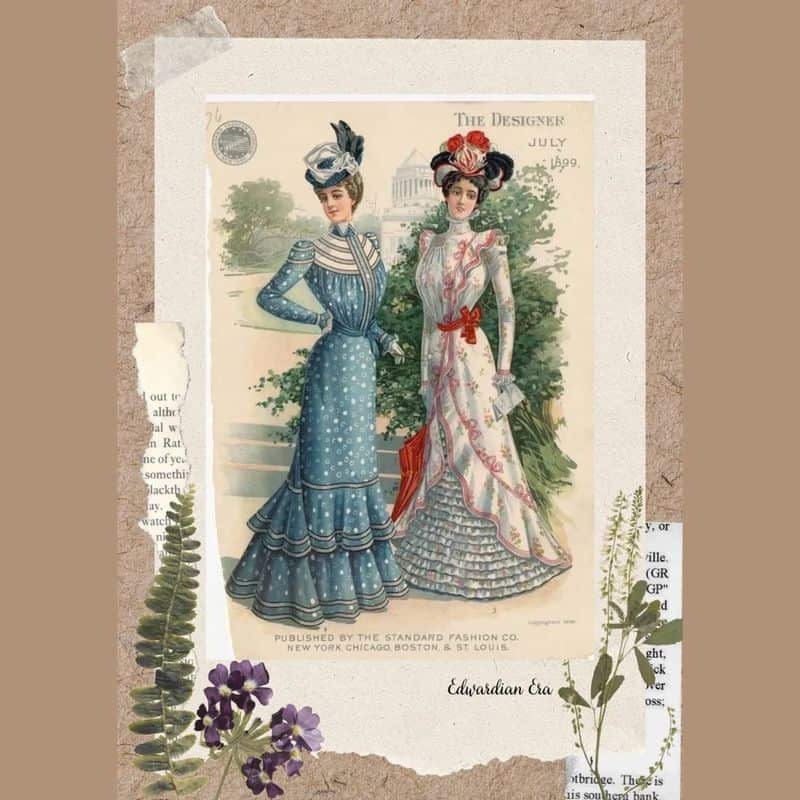
Harmony-seeking Libras would have adored the Belle Époque’s refined aesthetics and social diplomacy. This ‘Beautiful Era’ before World War I celebrated balance between tradition and progress—a very Libran concept.
Parisian salons would have been Libra territory, where they’d facilitate intellectual discussions between diverse thinkers. Their natural charm would help them navigate complex social hierarchies while their appreciation for beauty would flourish amid Art Nouveau’s elegant curves.
Libras would excel as hosts of elaborate dinner parties where they’d strategically seat guests to forge beneficial connections. Their pursuit of fairness might have drawn them to the era’s early social reform movements, though their indecisiveness could leave them perpetually weighing which cause deserved their support first!
8. Scorpio: The Cold War Era (1947-1991)

Intense Scorpios would have thrived in the shadowy world of Cold War espionage. Their natural secrecy, strategic thinking, and ability to detect deception made them perfect spies during this era of hidden conflicts.
A Scorpio agent might spend years building deep cover identities while uncovering opponents’ secrets. Their emotional control would help them withstand interrogation while their transformative nature allowed them to reinvent themselves as needed for different missions.
The high stakes of nuclear brinkmanship would satisfy Scorpios’ attraction to power dynamics and psychological warfare. Though sometimes consumed by suspicion, their loyalty to their chosen side would be absolute—making them either valuable intelligence assets or dangerous defectors if they felt betrayed by their own government!
9. Sagittarius: The Age of Exploration (15th-17th Century)
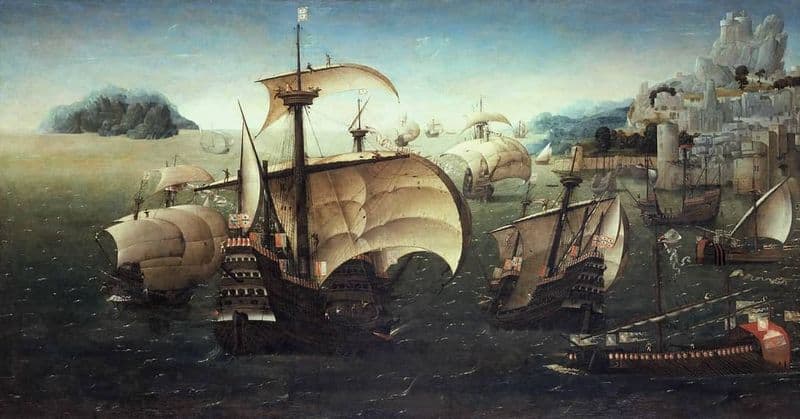
Adventure-seeking Sagittarians would have signed up as crew members on the first ships heading toward uncharted territories! Their optimistic spirit and philosophical nature made them perfect explorers during the Age of Discovery.
While others feared sailing off the edge of the world, Sagittarius would be first to volunteer for Magellan’s circumnavigation attempt. Their natural enthusiasm would keep crew morale high during long voyages, while their cross-cultural curiosity would help forge initial relationships with indigenous peoples.
Back home, Sagittarians would captivate audiences with tales of exotic lands, embellishing only slightly! Their tendency to overlook details might occasionally lead them astray—’I’m certain we’ll find India just beyond this island’ said the Sagittarius navigator who actually discovered a new continent.
10. Capricorn: The Industrial Revolution (1760-1840)
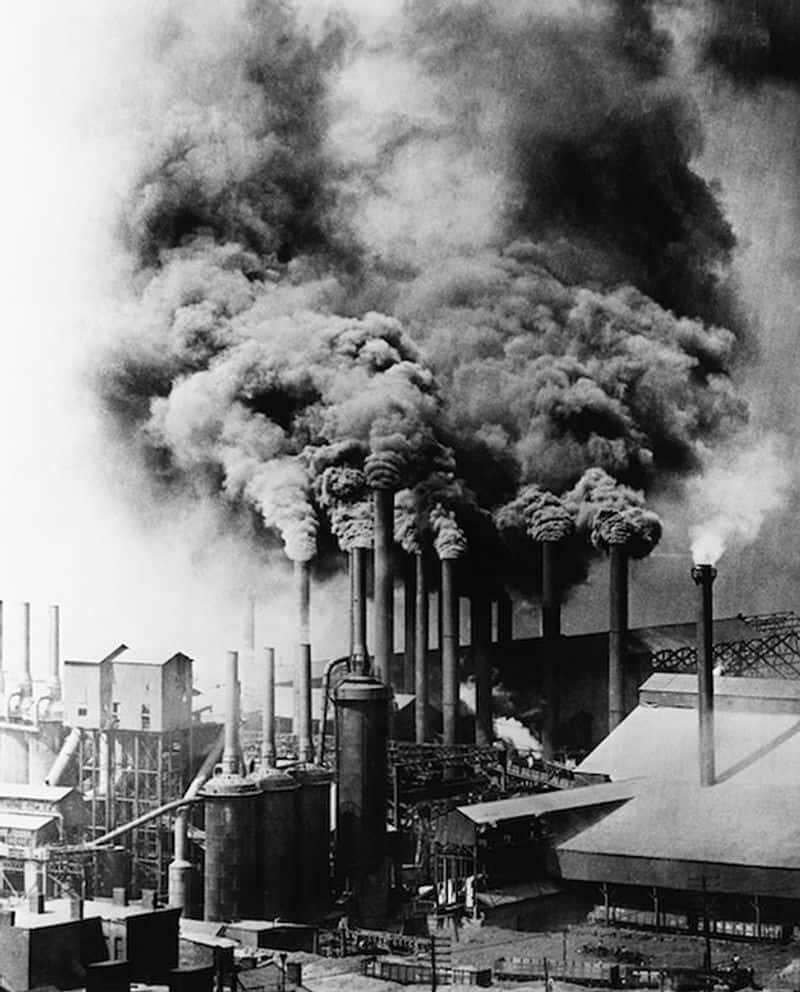
Ambitious Capricorns would have dominated the Industrial Revolution with their discipline and strategic planning. Factory owners and railway magnates born under this sign would have methodically built business empires brick by brick.
Long-term vision allowed Capricorns to invest in steam power when others clung to traditional methods. Their natural authority would command respect from workers while their pragmatism helped them navigate changing economic landscapes.
Unlike impulsive entrepreneurs, Capricorn industrialists would calculate every risk before expanding operations. Though sometimes viewed as overly serious, their responsible approach to wealth creation often included establishing institutions benefiting future generations—libraries, hospitals, and schools bearing the family name, ensuring their legacy outlasted even their impressive factories.
11. Aquarius: The Digital Revolution (1980s-Present)

Forward-thinking Aquarians were born for the Information Age! Their innovative spirit and vision of collective progress align perfectly with the digital revolution that transformed how humanity connects.
Garage startups and hackathons provide the ideal environment for Aquarius to reimagine existing systems. Their humanitarian streak drives them to develop technologies that democratize access to information rather than hoard knowledge for profit.
Aquarians naturally grasp the potential of decentralized networks to challenge traditional power structures. Their sometimes eccentric ideas—dismissed initially as unrealistic—often become mainstream a decade later.
Though occasionally detached from emotional realities, their ability to envision radical alternatives makes them either celebrated tech visionaries or controversial digital rebels challenging surveillance capitalism!
12. Pisces: The Romantic Era (1800-1850)
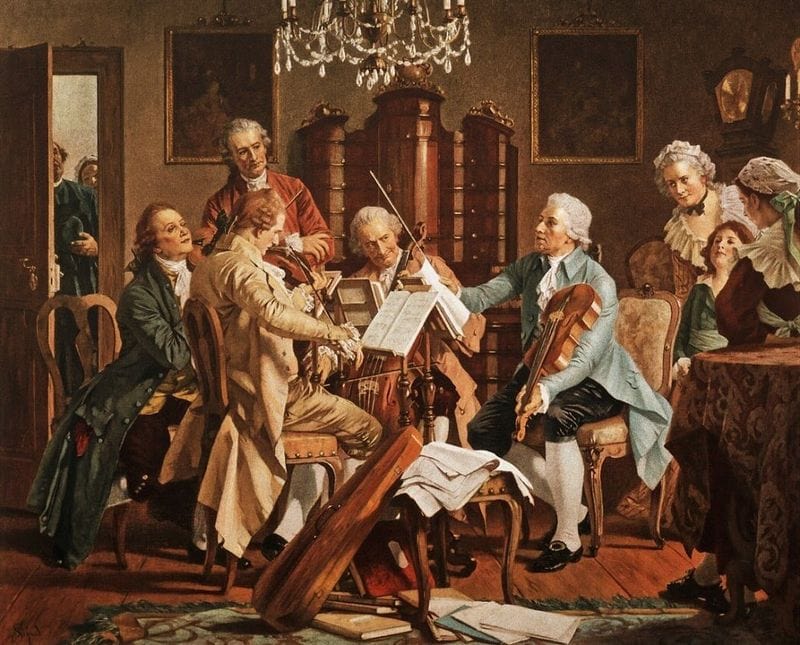
Dreamy Pisces would have felt completely at home during the Romantic period with its emphasis on emotion, imagination, and spiritual connection. Their natural creativity would flourish in this reaction against industrial rationalism.
A Pisces poet might compose verses about mystical experiences while wandering misty moors. Their empathic nature would help them channel collective feelings into art that moved audiences to tears, while their spiritual inclinations might draw them to transcendentalist gatherings.
The Romantic era’s fascination with dreams and the supernatural validated Piscean intuition. Though sometimes lost in fantasy, their compassionate worldview would inspire movements for social reform—when not distracted by opium-induced visions or passionate love affairs that fueled their artistic output but complicated their personal lives!

